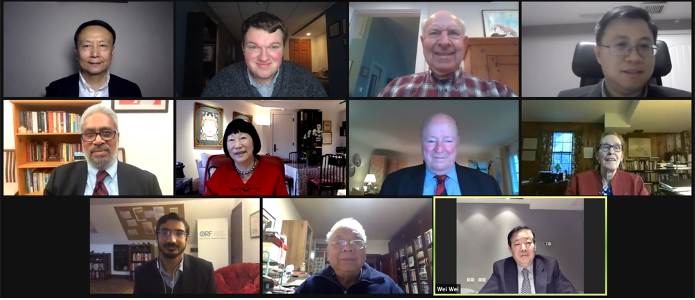
On December 9th, USCET and the Institute for Global Cooperation and Understanding (iGCU) at Peking University hosted the first webinar from its Trilateral Perspectives on Indo-Pacific Strategic Cooperation: the United States, China, and India series, focusing on Changing Global Order and Regional Governance. Amidst this climate characterized by rising regional tension and uncertainty between the three countries, speakers and guests had the opportunity to engage in an open and candid discussion about strategic security and cooperation in the Indo-Pacific region. Forty people participated in this session including former Ambassadors, academics, and other regional and policy experts. These participants drew from their decades of experience and positions as diplomats, government officials, policymakers, think tank experts, and in the private sector to contribute to the conversation. In addition, undergraduate and graduate students from six universities (American University, Ashoka University, Georgetown University, George Washington University, Peking University, and Tsinghua University) were in attendance.
Major topics discussed include recent Sino-Indian border tensions, the impacts of the COVID-19 pandemic, and the South China Sea. A major theme running through all the presentations was that the Indo-Pacific region, and these three major powers that have such an important role in it, is at a moment of change. The rise of China, and China’s rising expectations, are a major factor in this change. India’s economic expansion in the past three decades is another. The advent of a new administration in the United States presents a moment of opportunity, in which we may be able to identify new solutions to old problems. Many of the speakers noted with concern the difficult relations that now exist between China and the United States, and the recent faceoffs between Chinese and Indian forces along their border. The regional balance of power has shifted, which complicates these countries’ relationships.
There appeared to be wide agreement on a few subjects that are important areas for cooperation. Those most frequently mentioned are environmental issues, including climate change; public health; and the “rules of the road” that can preserve peace and navigation in the South China Sea. There was broad agreement that the relations among the three countries represented at the webinar will be critical to the region’s future peace and prosperity, and indeed to global peace.
The moderated discussion portion of the program was both lively and engaging, as it offered a unique platform for participants to convene in an un-filtered discussion and put forth their individual perspectives on these pertinent issues. Although conducted remotely over Zoom, the restricted number of participants made this closed-door dialogue both more intimate and productive. This discussion and key takeaways resulting from it will contribute to academic discourse and inform policymaking decisions in Washington, Beijing, and New Delhi. Overall, this first session demonstrated the importance of cooperation, mutual understanding, and engaging in a candid, open dialogue to achieve a more prosperous Indo-Pacific region for everyone. There are three more sessions which will take place on a bi-monthly basis focusing on the following themes: Maritime Security in the Indo-Pacific, Geoeconomics, and Managing Strategic Distrust. After the conclusion of this series, USCET in collaboration with its partners in China and India will release a joint symposium report in both English and Chinese for wide distribution. Please stay tuned to our website and join our email list to keep updated about the Trilateral Dialogue webinar series and our other programs.
Speaker Biographies
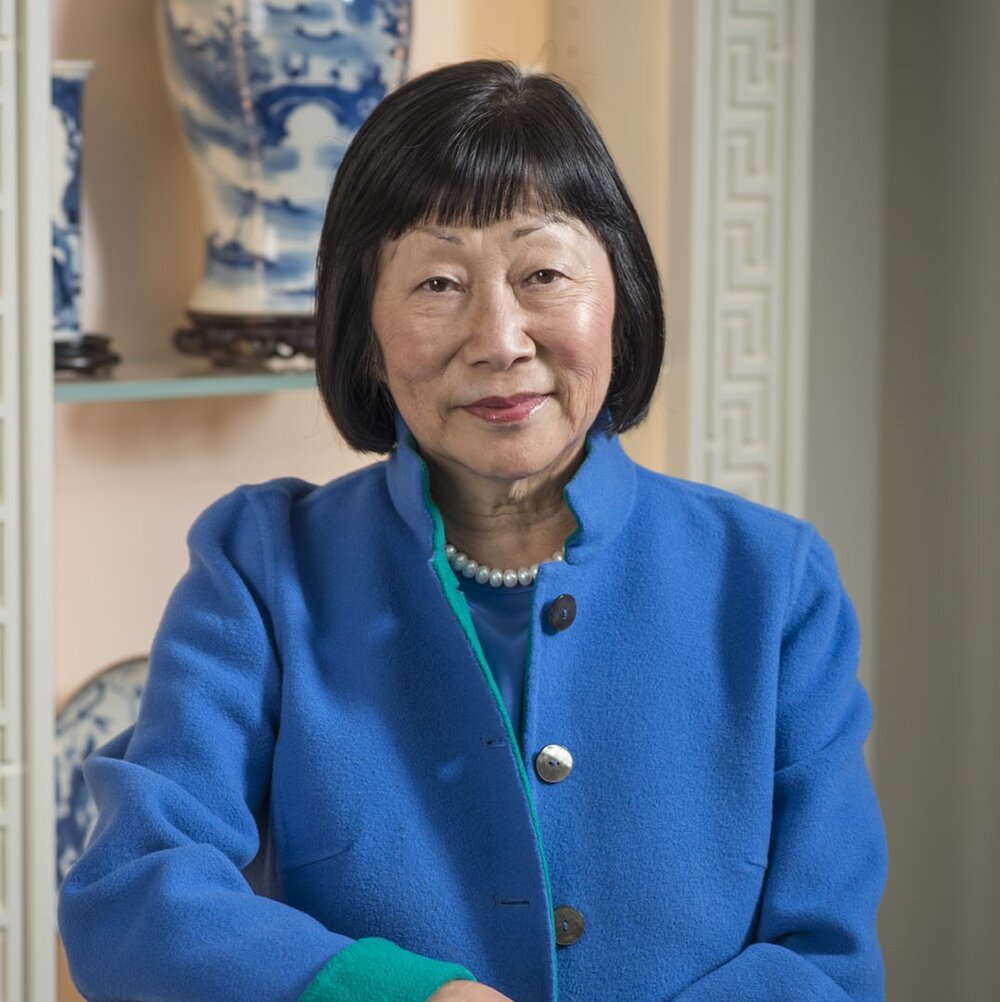
Ambassador Julia Chang Bloch
Ambassador Julia Chang Bloch is the Founding President of the US-China Education Trust. She has had an extensive career in international affairs and government service, serving as U.S. Ambassador to the Kingdom of Nepal, Assistant Administrator of Food for Peace and Voluntary Assistance at the U.S. Agency for International Development, and as Assistant Administrator for Asia and the Near East at the US Agency for International Development. She also was the Chief Minority Counsel to a Senate Select Committee; a Senate professional staff member; the Deputy Director of the Office of African Affairs at the U.S. Information Agency; a Fellow of the Institute of Politics at Harvard University’s Kennedy School of Government, and an Associate of the U.S.-Japan Relations Program of the Center for International Affairs at Harvard. Ambassador Bloch holds degrees from the University of California, Berkeley, and Harvard University.
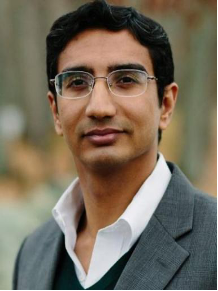
Dhruva Jaishankar
Dhruva Jaishankar is the director of the US Initiative at Observer Research Foundation and is a nonresident fellow with the Lowy Institute in Australia. His research has spanned issues such as India-US relations, India’s relations in Asia and the Indo-Pacific, the interaction of technology with politics, and national security. He has previously served as a fellow in foreign policy studies at Brookings India in New Delhi and the Brookings Institution in Washington, DC. Jaishankar has also been a David Rockefeller Fellow with the Trilateral Commission and an IISS-SAIS Merrill Center Young Strategist. He holds degrees from Macalester College and Georgetown University.
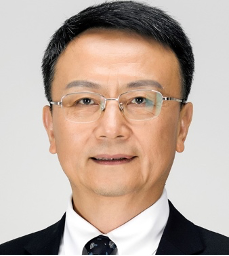
Professor JIA Qingguo
Professor JIA Qingguo currently serves as Professor and former Dean of the School of International Studies of Peking University. He has also taught at the University of Vermont, Cornell University, the University of California, San Diego, and the University of Sydney in Australia. Prior to his current position, Professor Jia served as a Research Fellow and a CNAPS fellow at the Brookings Institution, Visiting Professor at the University of Vienna, and was a member of the Standing Committee and the Foreign Affairs Committee of the National Committee of the Chinese People’s Political Consultative Conference. Professor JIA holds a degree from Cornell University.
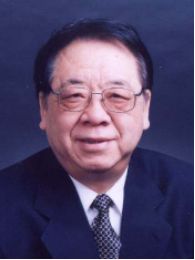
Ambassador MA Zhengang
Ambassador MA Zhengang served as ambassador of China to the United Kingdom. He has also served as director-general in the Department of North American and Oceanian Affairs at the Ministry of Foreign Affairs and vice-minister of the Foreign Office of the State Council. Currently, he works as president of the China Institute of International Studies, Chairman of the China National Committee on the Council for Security Cooperation in the Asia Pacific, and Chairman of the China Arms Control and Disarmament Association. Ambassador MA holds degrees from China Foreign Studies University and at the London School of Economics and Political Science in the United Kingdom.
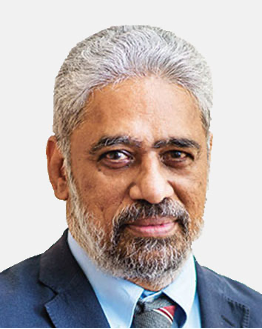
Professor C Raja Mohan
Professor C Raja Mohan is the director of the Institute of South Asian Studies at the National University of Singapore. Prior to his current position, he worked as a professor of South Asian Studies at Jawaharlal Nehru University in New Delhi, and at the S Rajaratnam School of International Studies at Nanyang Technological University in Singapore. Professor Mohan was also the founding director of Carnegie India in New Delhi and the Henry Alfred Kissinger Chair in International Affairs at the United States Library of Congress from 2009 to 2010. Additionally, he served on India’s National Security Advisory Board and led the Indian Chapter of the Pugwash Conferences on Science and World Affairs from 1999 to 2006. Professor Mohan holds a Master’s degree in nuclear physics and a Ph.D. in international relations.
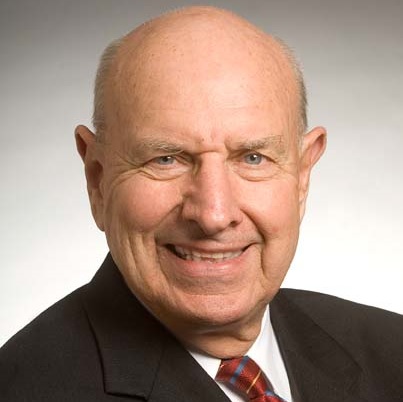
Ambassador Thomas Pickering
Ambassador Thomas Pickering is a Career Ambassador and served as Under Secretary of State for Political Affairs. His extensive list of foreign posts includes working as U.S. Ambassador to the Russian Federation, India, Israel, El Salvador, Nigeria, and Jordan. He was also the U.S. Ambassador and Representative to the United Nations in New York, where he led the U.S. effort to build a coalition in the UN Security Council during and after the first Gulf War. After retiring from the State Department in 2000, Ambassador Pickering joined The Boeing Company as Senior Vice President of International Relations and member of the Executive Council. He currently is a Vice-Chair of Hills and Company. He holds degrees from Bowdoin College, the Fletcher School of Law and Diplomacy, and the University of Melbourne and speaks French, Spanish, and Swahili fluently in addition to Arabic, Hebrew, and Russian.
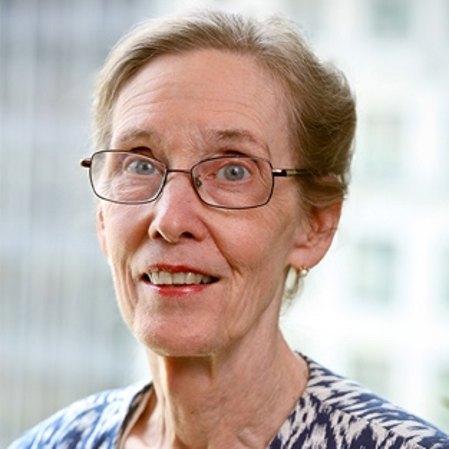
Ambassador Teresita C. Schaffer
Ambassador Teresita C. Schaffer served at US embassies in Pakistan, India, and Bangladesh, and from 1992-95 as US Ambassador in Sri Lanka. During her assignments in the State Department in Washington, she was Director of the Office of International Trade and later Deputy Assistant Secretary of state for the Near East and South Asia, at that time the Senior South Asia Policy position in the State Department. She was previously a Nonresident Senior Fellow at the Brookings Institution and also the Founding Director of the South Asia program at the Center for Strategic and International Studies, directing it from 1998-2010. Ambassador Schaffer holds a degree from Bryn Mawr College, studied at the Institut d’Etudes Politiques in Paris, and completed graduate work at Georgetown University. She speaks Hindi, Urdu, French, Swedish, German and Italian.
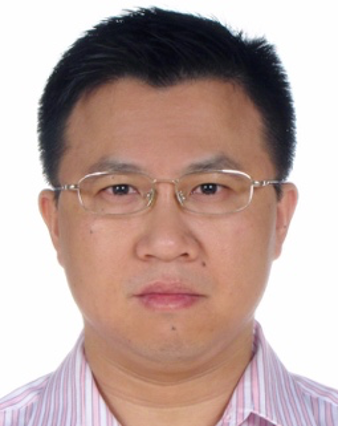
Professor WANG Dong
WANG Dong is the director of the Center for Northeast Asian Strategic Studies and an associate professor at the School of International Studies at Peking University. Prior to his current positions, he served as a member of the academic committee at the Pangoal Institution, a leading China-based public policy think tank, and member of the Advisory Committee for the US-China Young Scholars Forum at the Carter Center. He has written extensively on international relations and China’s foreign policy, with his articles and reviews appearing in Diplomatic History, the New York Times, and other academic and news outlets. Professor WANG holds degrees from the University of California, Los Angeles, and Peking University.
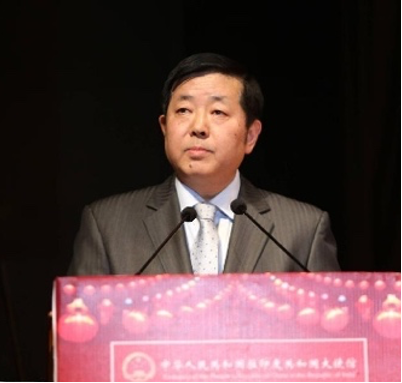
Ambassador WEI Wei
Ambassador WEI Wei served as the Special and Plenipotentiary Ambassador of the People’s Republic of China to Brunei Darussalam, the Republic of Singapore, and the Republic of India. He also served as a high-ranking Chinese diplomat to the Republic of Mozambique, the Federal Democratic Republic of Ethiopia, the Republic of Kenya and the Republic of Zimbabwe. Additionally, Ambassador WEI served as the Director of the Consular Department of the Ministry of Foreign Affairs, and was the vice president of the Chinese People’s Institute of Foreign Affairs. Ambassador WEI holds degrees from Beijing Normal University.
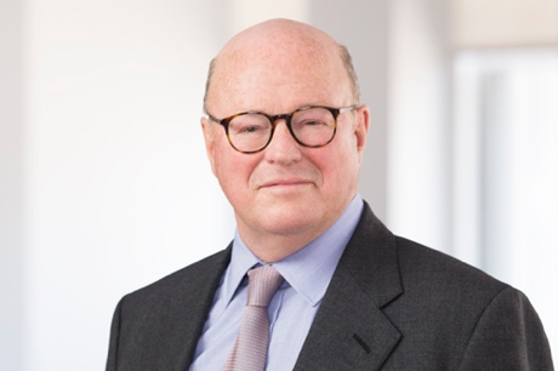
Ambassador Frank G. Wisner
Ambassador Frank G. Wisner served as U.S. Ambassador to Zambia, Egypt, the Philippines, and India during his extensive career in the State Department, spanning four decades and eight American presidents. He was also Under Secretary of Defense for Policy and Under Secretary of State for International Security Affairs. Ambassador Wisner currently works as Foreign Affairs Advisor at Patton Boggs, leveraging his vast experience in the Middle East, India, Europe, and Asia to assist the firm’s domestic and international clients. Prior to joining his current firm, he served as Vice Chairman of External Affairs for American International Group. Ambassador Wisner holds degrees from Georgetown University and Princeton University.
